In today’s dynamic world, stress is often an inseparable companion of life. Whether we’re at work, at home, or school, situations causing stress can arise at any moment, negatively impacting both our physical and mental health. Daily challenges, work pressure, personal problems – all of these can lead to feelings of tension and anxiety. You’ll probably want answers to questions like: How To Deal with Stress??? Faced with these challenges, the ability to deal with stress becomes incredibly valuable. But are there secrets of calmness that we can use to reduce tension and regain balance?
The first step to effectively dealing with stress is recognizing its sources. Does stress come from your workplace? Or perhaps relationships with others are challenging for you? Understanding what exactly triggers stress is crucial in the process of finding the best ways to manage it.
In the article “14+ Secrets of Calmness: How to Deal with Stress,” you’ll discover practical tools and techniques that can help YOU survive even the toughest situations with dignity and calmness. Understanding the nature of stress, identifying its symptoms, and learning specific coping strategies can help you navigate through life with peace and self-assurance.
Understanding the Nature of Stress
Stress can be defined as the body’s response to situations requiring adaptation. It is a physiological and psychological reaction to external or internal stimuli perceived as challenges or threats to our physical or emotional well-being. In essence, stress can be seen as a natural defense mechanism of the body, mobilizing our strengths and resources in the face of situations requiring a quick response.
The mechanism of stress typically begins with the perception of a situation as stressful. Our brain interprets these signals as a threat and initiates the “fight or flight” response. In this process, the autonomic nervous system is involved, triggering a physiological response in the form of adrenaline and cortisol release. These stress hormones mobilize the body for quick action by increasing blood pressure, accelerating heart rate, and raising blood sugar levels. In the longer term, when stress persists, it can lead to an overload of the nervous system and negative health effects.
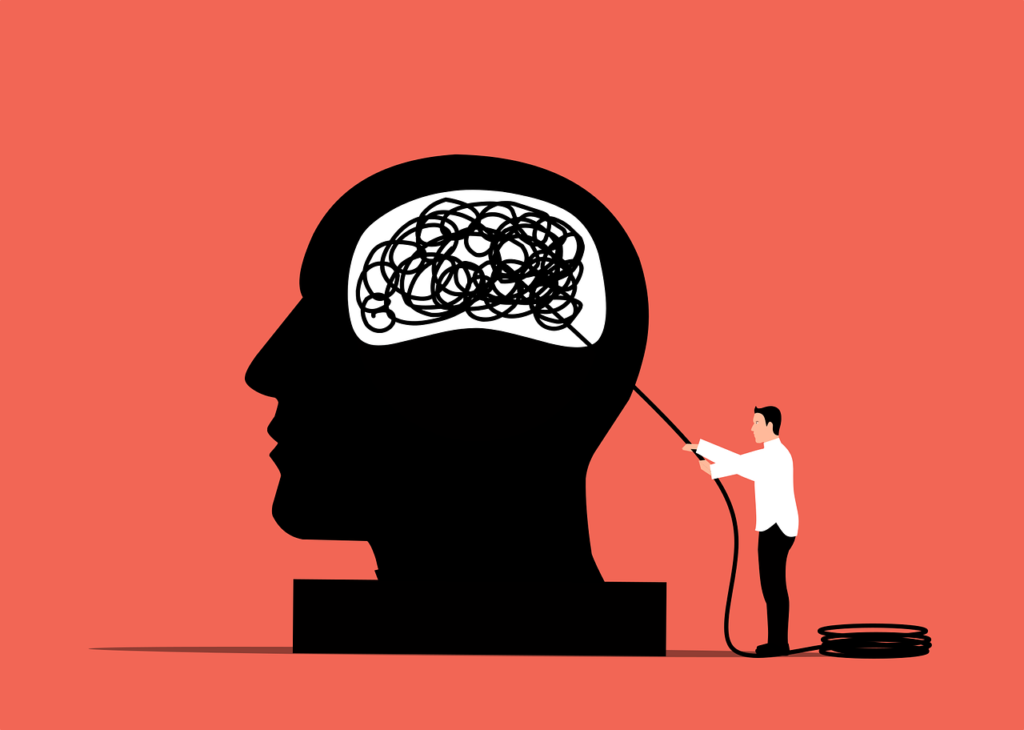
Differences Between Positive and Negative Stress:
There is a significant difference between positive and negative stress. Positive stress can be stimulating and motivating, mobilizing our strengths to act and achieve goals. It’s a type of stress that helps us grow, develop, and adapt to change. On the other hand, negative stress can be harmful to physical and mental health. It is a state where the stress load exceeds our adaptive capacities and can lead to anxiety, depression, health problems, and mental disorders. It is crucial, therefore, to distinguish between these two types of stress and learn effective coping strategies for each.
Signs and Symptoms of Stress
Physical:
- Stress can manifest through a variety of physical symptoms that may be easy to notice. Typical physical symptoms of stress include:
- Increased muscle tension, leads to muscle pain, neck stiffness, headaches, or migraines.
- Digestive problems, such as stomach pain, bloating, indigestion, and heartburn.
- Sleep disturbances include difficulty falling asleep, waking up at night, or restless sleep.
- Changes in appetite may lead to overeating or loss of appetite.
- Increased heart rate, rapid breathing, shortness of breath.
- Difficulty concentrating and remembering.
Emotional and Mental:
- Stress can also affect our emotional and mental spheres, often manifesting in various symptoms. Emotional and mental symptoms of stress include:
- Feelings of anxiety, worry, or depression.
- Feelings of irritability, moodiness, or anger.
- Depressive moods, feelings of hopelessness or helplessness.
- Increased emotional reactivity, easily entering a state of panic.
- Decreased self-esteem and sense of self-worth.
- Difficulty coping with stress, maintaining calmness, or controlling emotions.
Behaviors and Reactions Related to Stress:
- Stress can also influence our behaviors and reactions in daily life. Individuals experiencing stress may exhibit the following behaviors and reactions:
- Avoidance of stressful or confrontational situations.
- Excessive alcohol consumption, smoking, or use of psychoactive substances as a way to cope with stress.
- Increased outbursts of aggression or impulsiveness.
- Social isolation, avoiding contact with others.
- Inability to focus on work or daily responsibilities.
- Changes in lifestyle, such as lack of physical activity, neglecting proper nutrition or personal hygiene.
Recognizing these symptoms is crucial for effective stress management and taking action to reduce tension and restore mental and emotional balance.
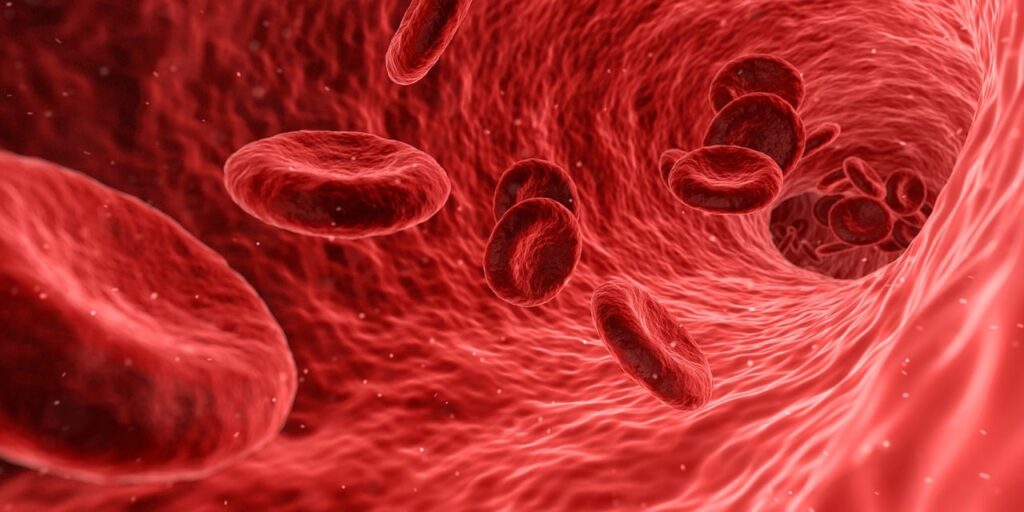
Effects of Stress on Health
Physical Effects:
- Stress can have a range of negative effects on physical health. Persistent tension and stress can lead to various disorders and physical disturbances. Physical effects of stress include:
- Cardiovascular disorders, such as hypertension, heart rhythm disturbances, and heart attack.
- Skin problems, including acne, skin rashes, and eczema.
- Weakening of the immune system, increasing susceptibility to infections.
- Digestive disorders, such as irritable bowel syndrome, and stomach ulcers.
- Headaches, migraines, muscle tension.
- Sleep disturbances lead to chronic fatigue and lack of energy.
Psychological and Emotional Effects:
- Stress can also affect our mental and emotional health, leading to various problems and mood disorders. Psychological and emotional effects of stress include:
- Increased risk of anxiety disorders, such as panic attacks, phobias, and anxiety disorders.
- Elevated risk of depression and mood disorders, such as clinical depression, and dysthymia.
- Increased risk of mental disorders, such as PTSD (post-traumatic stress disorder), OCD (obsessive-compulsive disorder), and sleep disorders.
- Reduced stress resilience, leading to chronic emotional tension, irritability, and excessive emotional reactivity.
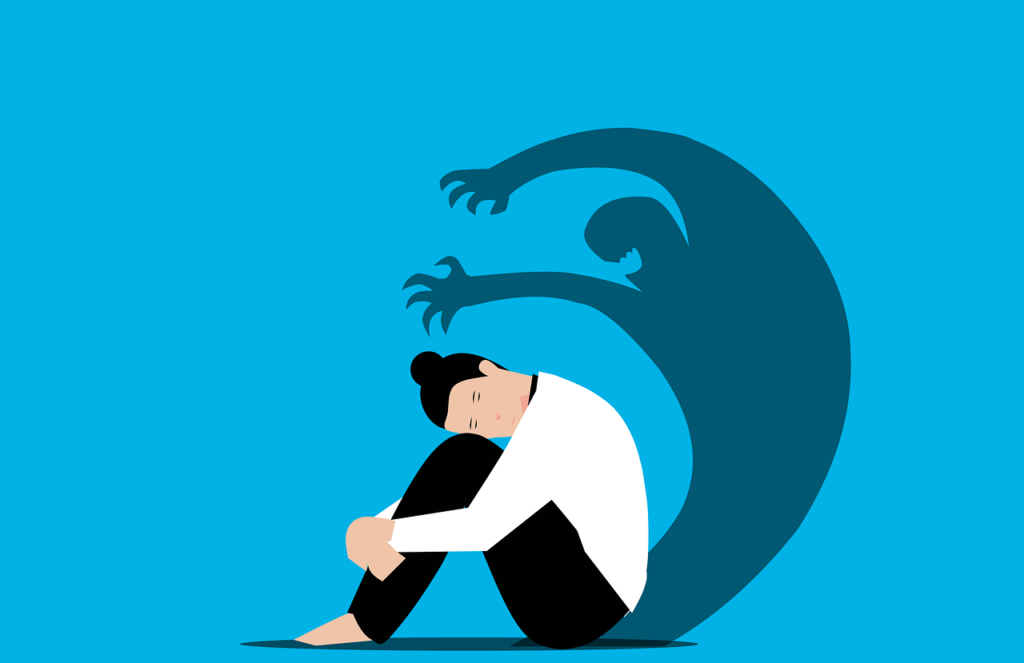
Social and Occupational Effects:
- Stress can also negatively impact our social relationships and professional achievements. The effects of stress in the social and professional spheres include:
- Interpersonal problems, such as difficulties in relationships with others, family, or work conflicts.
- Decreased productivity and efficiency at work, lack of concentration, and decision-making difficulties.
- Increased risk of burnout, decreased engagement in work, and lack of job satisfaction.
- Social isolation, loss of social support, feelings of loneliness.
These effects emphasize the importance of coping with stress and taking actions to manage tension in daily life. Long-term stress can lead to serious health consequences, so it’s crucial to take preventive measures and effectively cope with difficulties.
Key Strategies for Dealing with Stress
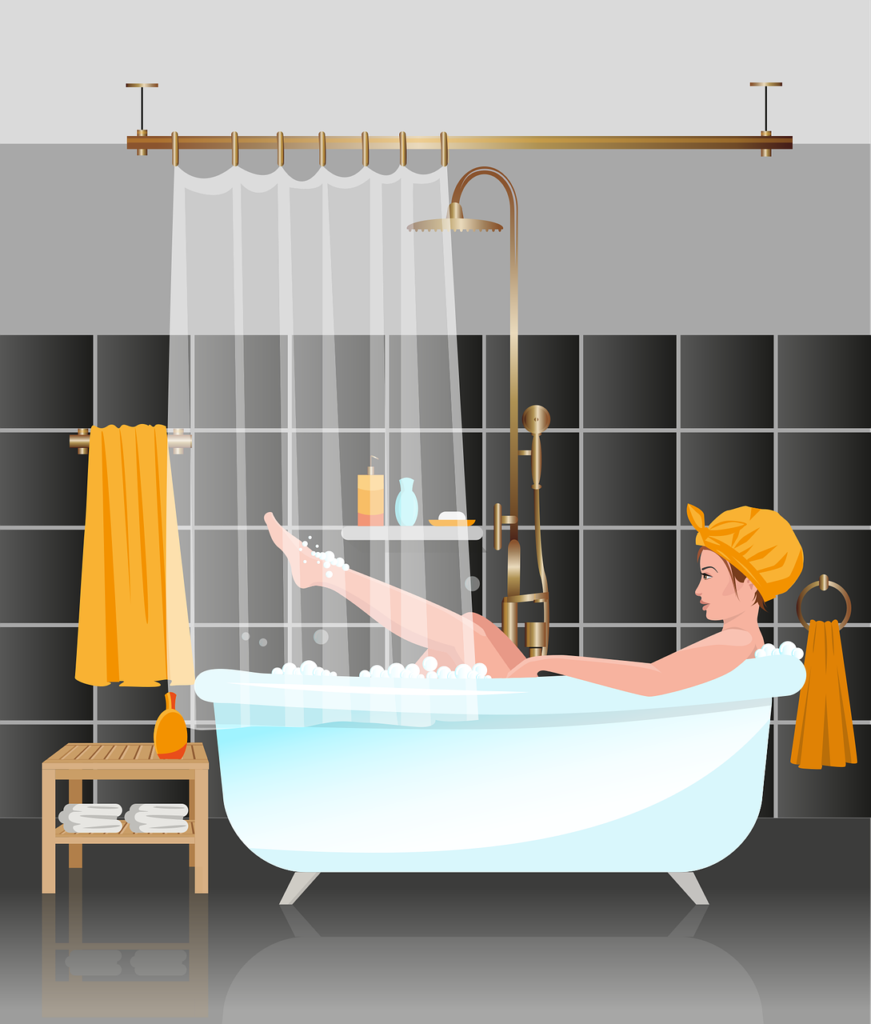
Relaxation Techniques:
- One simple way to immediately reduce stress and tension is through breathing relaxation techniques. By focusing on deep, calm breaths, you can help calm both your mind and body. Breathing exercises like abdominal or diamond breath can be powerful tools in stressful situations.
- Progressive muscle relaxation involves consciously tensing and then relaxing individual muscle groups. Regular practice of this technique can help reduce muscle tension, alleviate pain and stress, and improve overall well-being.
- Meditation and visualization are effective tools for relaxing the mind and body. Meditation involves focusing attention on the breath or on a specific object or thought, leading to stress reduction and increased peace. Visualization, meanwhile, entails creating mental images or scenes that evoke feelings of tranquility and positivity.
Health:
- Maintaining a healthy diet rich in vegetables, fruits, whole grains, healthy fats, and proteins can help stabilize energy levels and improve mood.
- Regular physical activity, such as walking, jogging, yoga, or swimming, can reduce muscle tension, release endorphins (the body’s natural feel-good chemicals), and enhance overall well-being.
- A lack of sleep can increase stress levels, while high-stress levels can make it difficult to fall asleep. Establishing regular sleep patterns and creating a peaceful sleep environment can help break this cycle.
Management:
- Effective time and priority management can reduce stress associated with excessive workload and feeling overwhelmed.
- Setting realistic action plans, prioritizing tasks, and learning to delegate responsibilities can increase efficiency and reduce tension.
- Setting healthy boundaries at work can help alleviate the pressure of always being available. Clearly visible boundaries and saying “no” when necessary can promote rest and relaxation.
Support:
- Having a strong social support network is crucial for coping with stress. Support from family, friends, a life partner, or support groups can help overcome difficulties and provide a sense of security and encouragement.

Positive Thinking and Perspective:
- Positive thinking and a healthy perspective can reduce emotional tension and increase stress resilience.
- Learning the art of gratitude, focusing on the positive aspects of life, and seeking solutions rather than dwelling on problems can contribute to improved well-being and increased mental resilience.
Strategies for Dealing with Stress in Everyday Life
Coping Techniques in the Workplace:
- Work often brings significant stress. Here are some techniques to cope with stress in the workplace:
- Define goals and priorities: Identify what’s most important and focus on achieving those goals, avoiding distractions from less important tasks.
- Maintain healthy boundaries: Learn to express your needs and limitations, avoid excessive workload, and strive for a balance between work and personal life.
- Practice breathing techniques: Use moments of breath to relax and calm down during intense situations.
- Schedule breaks and rest: Introduce short breaks during the day to rest from work and recharge.
- Seek Support: Seek support from colleagues, supervisors, or mental health professionals if you need help coping with workplace stress.
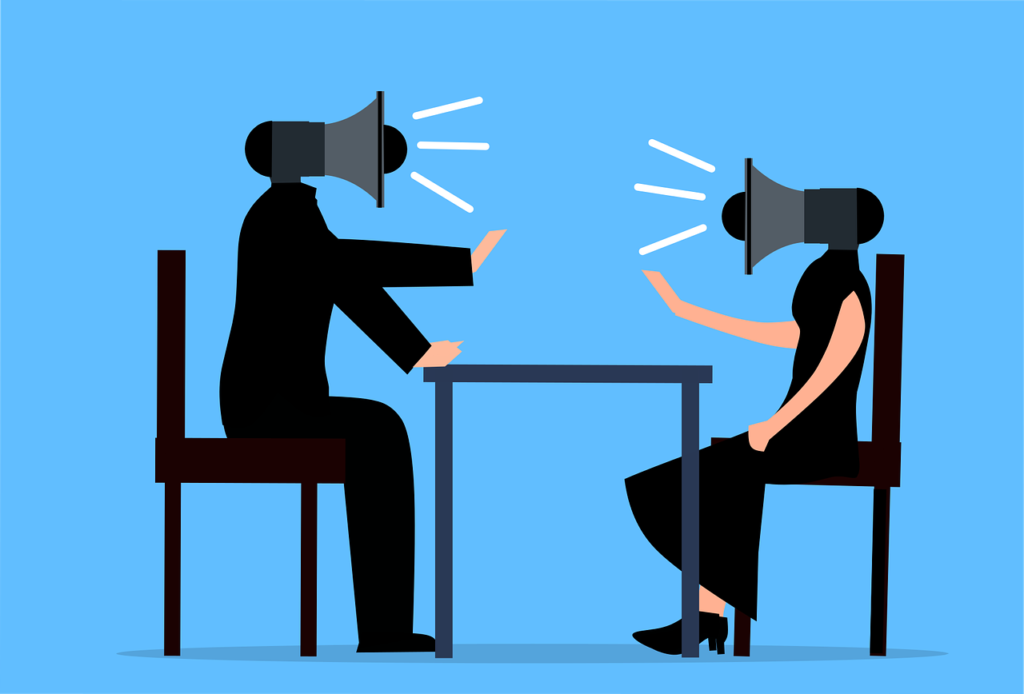
Dealing with Stress in Interpersonal Relationships:
- Relationships with others can be both sources of support and stress. Here are some strategies for coping with stress in interpersonal relationships:
- Communicate openly: Express your feelings and needs directly and honestly, avoiding keeping emotions bottled up.
- Maintain healthy boundaries: Learn to say “no” when you feel overwhelmed and respect others’ boundaries.
- Listen actively: Be present in conversations, give the other person a chance to express their emotions and experiences.
- Develop empathy: Show compassion for others and try to understand their perspective, even if you disagree.
- Resolve conflicts constructively: Seek mutual problem-solving and avoid manipulation or aggression.
Long-Term Approach to Stress Management
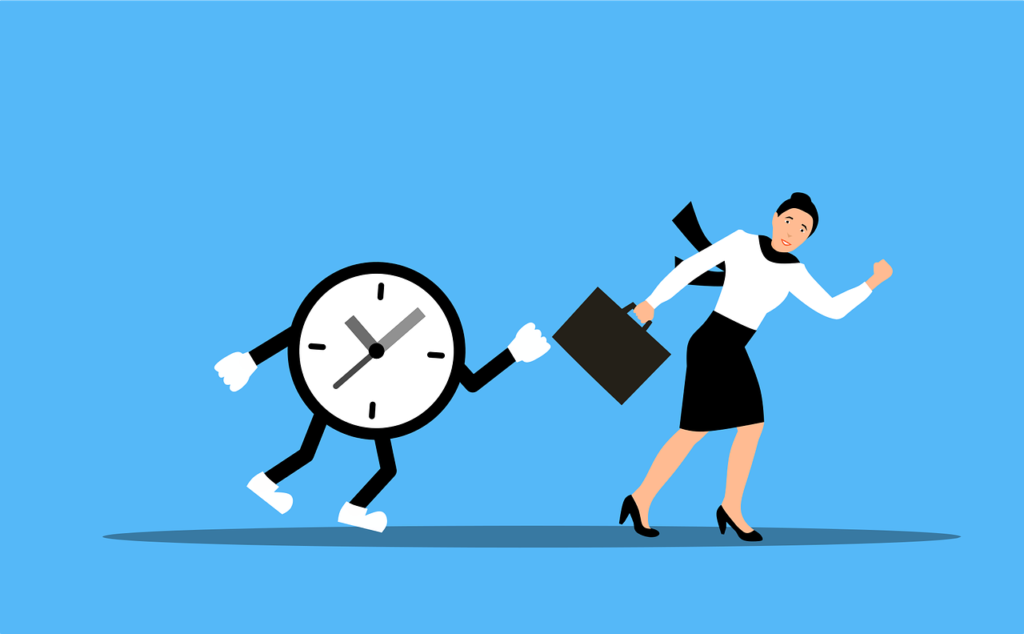
Actions to Maintain a Healthy Lifestyle and Well-Being:
- Regular, sufficient, and high-quality sleep.
- A healthy and balanced diet rich in fresh produce, fruits, vegetables, healthy fats, and proteins.
- Regular physical activity tailored to individual preferences and capabilities.
- Avoiding substances such as alcohol, nicotine, or drugs.
- Personal hygiene and daily self-care.
- Finding time for hobbies and relaxing activities.
Actions to Reduce Tension and Increase Sense of Control
- Creating a daily and weekly schedule that includes time for work, rest, relaxation, and entertainment.
- Taking care of regular meals, sleep, and physical activity.
- Avoiding excessive stress by planning and organizing tasks.
- Practicing stress management techniques as needed, even in the absence of obvious challenges.

Conclusion
Dealing with stress is crucial for our overall well-being and quality of life. Stress can lead to a range of negative effects on both physical and mental health, so it’s important to learn effective strategies for coping with it. Understanding the nature of stress, its symptoms, and its impact on our lives is the first step towards building a healthy stress management strategy. Striving for balance between work and rest, practicing relaxation techniques, self-care, and developing healthy habits and routines are all essential elements of effective stress management.
The challenge lies not only in learning these strategies but, above all, in implementing them in daily life. We encourage you to continue practicing stress management techniques, improving coping skills, and experimenting with various techniques to find those that best suit your needs and lifestyle. Remember that taking care of your mental and physical health is an investment in yourself and a better tomorrow.
For Those Who Made It to the End:
Dealing with Stress in Emergency Situations:
- In emergency situations, it’s important to cope with stress quickly and effectively. Here are a few strategies to use in such situations:
- Try to stay calm and keep a clear mind, even in difficult circumstances.
- Identify the problem, determine possible solutions, and take action to resolve it.
- Focus on deep breathing to calm the mind and body during stressful situations.
- If possible, seek help or support from others around you.
- Find the positive aspects of the situation and focus on opportunities for growth, even in challenging times.
By applying these strategies, we can effectively cope with stress in everyday life and achieve greater balance and harmony in life.
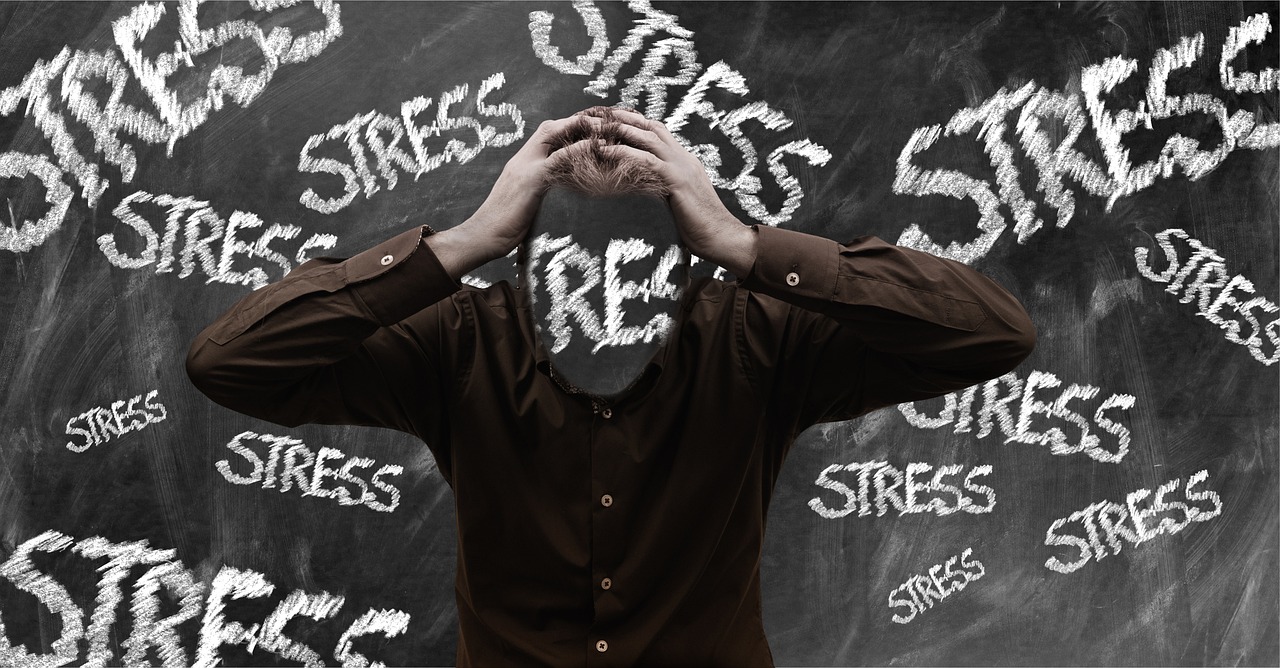
Leave a Reply